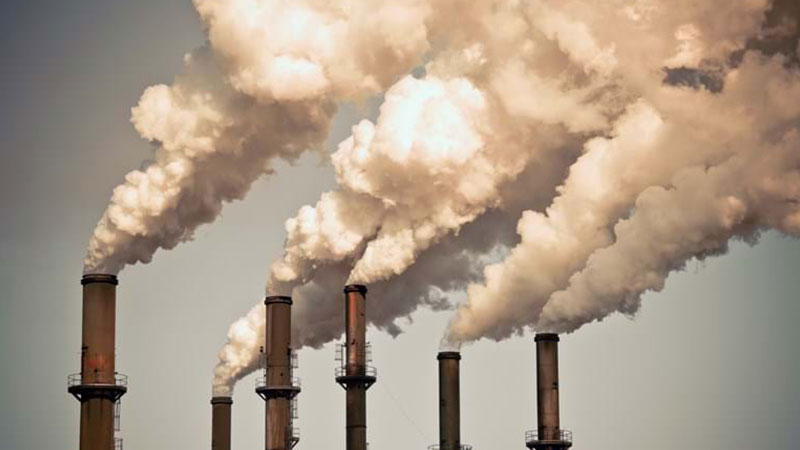US Inflation Reduction Act bill is set to boost CCUS uptake but more is needed to meet net zero goals by 2050. The planned global carbon capture, utilisation, and storage (CCUS) capacity pipeline has reached 905 million tonnes per annum (mtpa), with more than 50 new projects announced this quarter, says Wood Mackenzie, a Verisk business (VRSK). These findings come from Wood Mackenzie’s ‘CCUS Market Update for Q2 2022’ report.
Lucy King, Senior Research Analyst and author of the report said: “Despite continued momentum in the CCUS pipeline, much more progress is required to meet 2050 greenhouse gas targets. Currently, the CCUS capacity pipeline is close to aligning with Wood Mackenzie’s 1.5-degree pathway to 2030, but it will need to grow seven-fold by 2050 to reach the capacity required for net zero.”
“The biggest challenge is the lack of embedded policy and regulation for CCUS projects. For most countries, the rate of growth and demand for CCUS is outpacing the respective government’s ability to legislate. Despite this, we expect 2022 to be a pivotal year for CCUS, with many countries formulating strategies, policies, and regulations to support its deployment” King said.
The US is a global leader in CCUS, supported by its 45Q tax credit incentive for carbon sequestration launched in 2008. On 16 August 2022, President Biden signed the Inflation Reduction Act (IRA) into law, which will enhance and extend the 45Q tax incentive.
“The Inflation Reduction Act bill will further accelerate the US’ planned CCUS capacity pipeline, which is currently at almost 250 Mtpa. It will incentivise smaller-scale capture projects, attract more industries, and promote investment into technologies including Direct Air Capture.”


